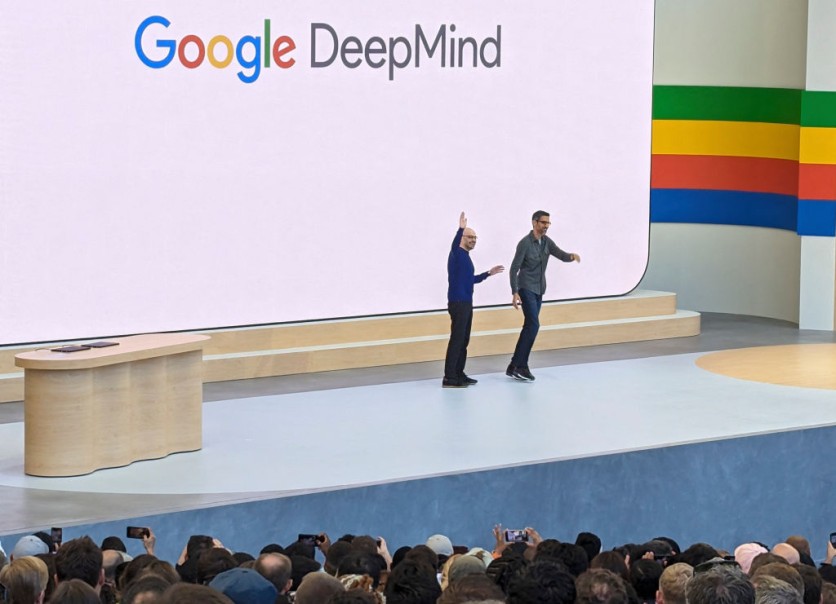Artificial intelligence-generated comedy still reportedly requires humans, as it remains a struggle to write comedic content independently, as revealed by a new Google Deepmind study.
The primary goal of the study was to examine how huge language models and artificial intelligence affect the creation of comics by examining seasoned comedians who have already used AI.

The study found that although the technology might be used to do preparatory chores such as structuring a monologue or creating a rough first draft, it was often unable to generate truly hilarious content.
The research's comedian participants expressed optimism about the ability of LLMs to help with specific tasks related to the comic writing process. Nonetheless, many participants voiced their dissatisfaction with the general low caliber of the outputs produced and the amount of labor needed to achieve a good outcome.
As a result, several AI use cases were characterized as being more basic for the planning phase, such as the tool serving as a conversational collaborator for brainstorming ideas, critic, helper for choreography, interpreter, and historical expert.
The participants observed that although AI has the potential to be a useful tool for comedy writers, its safety filtering and moderation processes hinder the creative freedom of human authors who use LLMs by acting as the text's first editor and preventing writers from exercising self-moderation.
AI's Limitations to Comedy
The inability to use LLMs to write about numerous themes typical of comic writing, such as sexually suggestive content, dark humor, and inappropriate jokes, was a source of frustration.
Although most participants believed that alternative methods of safety filtering could mitigate the challenges brought forth by moderating instruction tailoring, they also discussed some of the more basic LLM constraints.
As they put it, LLMs would never be able to produce humor on a human level because models lack perspective, the ability to draw on personal experience, and the context and situational awareness essential to a successful comedy.
AI Comedy Studies
Research on the comic potential of artificial intelligence is not new; in April, scholars from the University of Sydney examined humor and the potential for AI to improve comedic skills. Their research focused on creating an AI-powered tool to help people create clever cartoon captions, specifically for submissions to The New Yorker Cartoon Caption Contest.
Twenty participants, many with little background in humor composition, were given the job of creating 400 cartoon captions in a controlled experiment. The AI tool assisted in the creation of half of these captions, while the remaining ones were created independently.
After this stage, an additional set of 67 people was recruited to assess the captions' humor value. The results also showed a clear trend: people thought captions created with AI support were funnier than captions created without it.
Remarkably, the AI-assisted captions' ratings only fell short by 30% of the humorous quality of the top-scoring entries in The New Yorker Cartoon Caption Contest.
The AI tool was well-received by the participants, who noted that it helped them generate ideas, nurture amusing tales, and clarify funny nuances. Furthermore, the research team found that almost half of the captions created with AI support had higher comedy ratings than the original articles that The New Yorker published.
Related Article : George Carlin's Daughter Slams AI-Generated Comedy Special Imitating Her Late Father

ⓒ 2025 TECHTIMES.com All rights reserved. Do not reproduce without permission.




